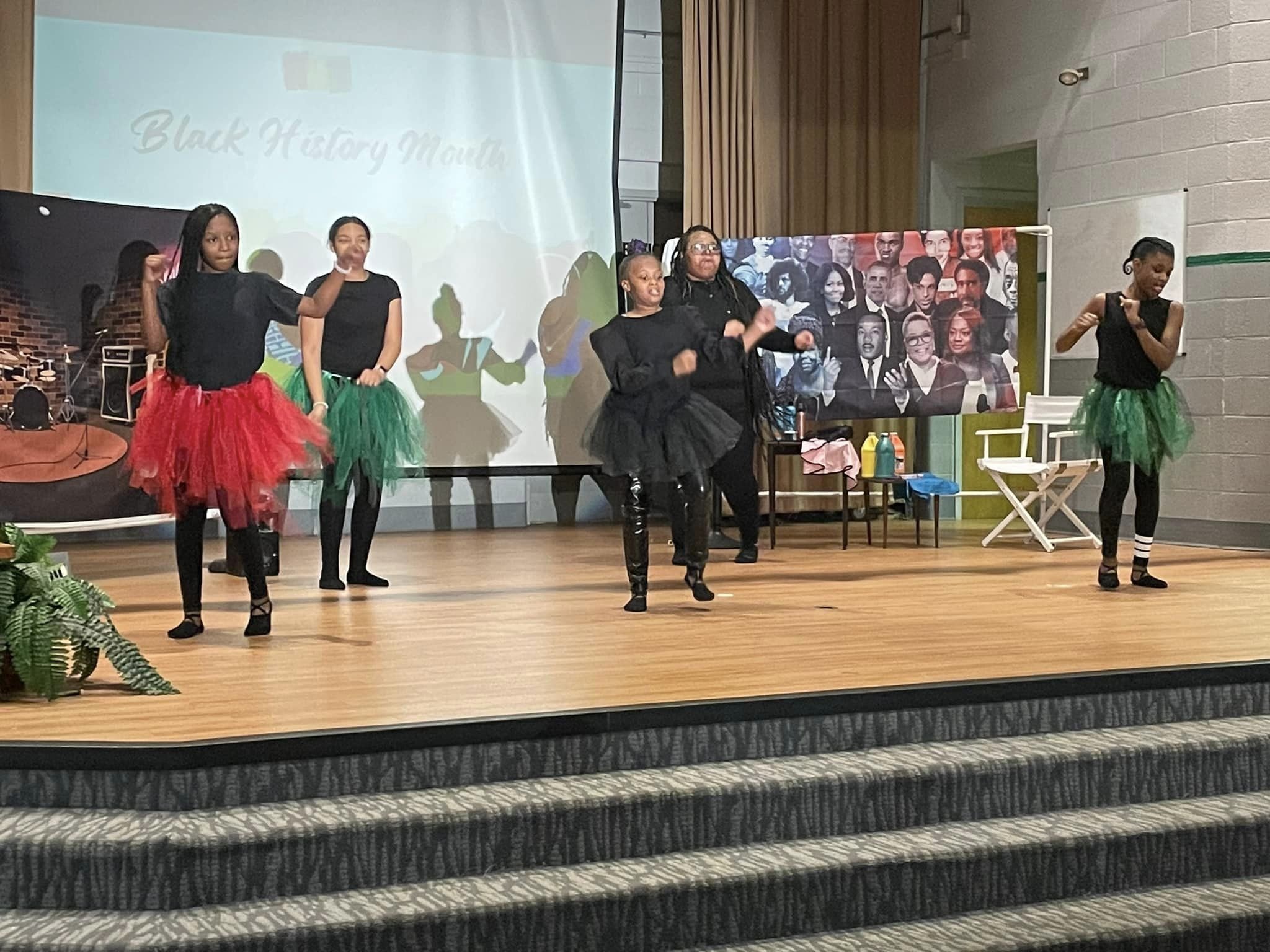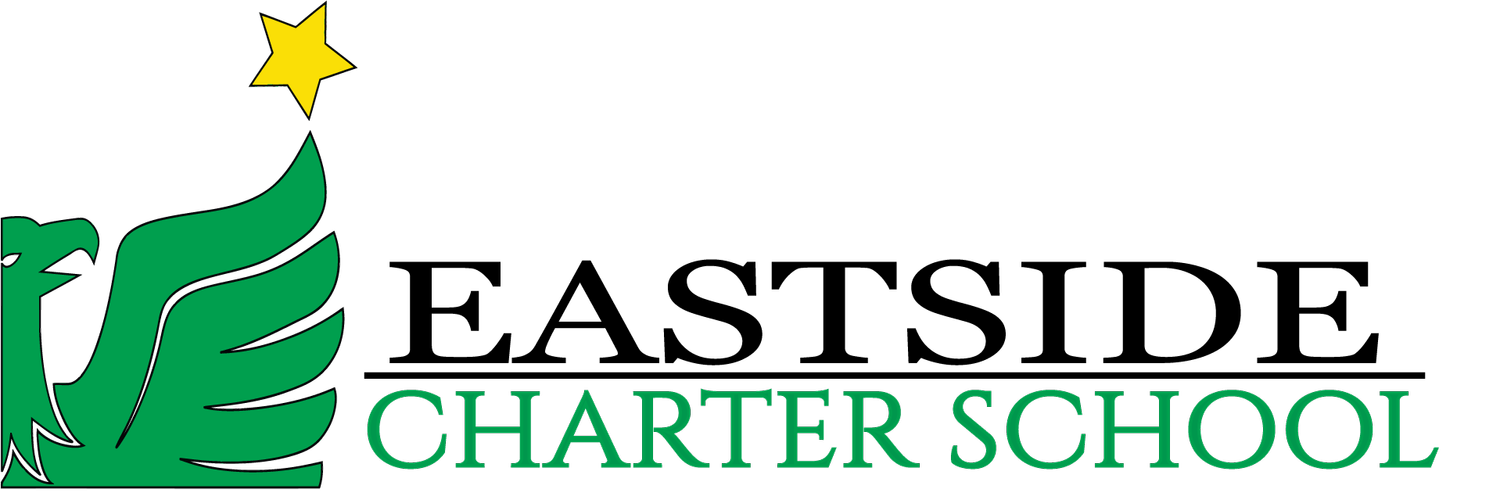
Guidance
The EastSide Guidance team is built to support our student’s academic and social needs through individual, group, and classroom counseling delivered by our professionally trained staff.
Team Vision
Our goal is to collaborate with school stakeholders using data‐driven decisions to facilitate the success of every learner at EastSide. As a result the student will:
Achieve to his/her maximum potential
Demonstrate academic, career, personal/social problem-solving skills
Recognize and appreciate individual and cultural differences
Develop communication, citizenship and employability skills to make positive contributions to the community
Remove barriers that cause truancy, hunger, and/or homelessness
Demonstrate an understanding of high school options and explore career choices
Connect with mental health community resources when needed
Guidance Information
How might your child experience school counseling services?
Individual Counseling - A student and the school counselor work in a safe, positive, and confidential setting to address issues that 'get in the way of' school achievement. Topics are based on the needs of the student and may include: feelings, changing families, anger management, peer pressure, friends, stress, academics, social skills, bullying, getting along with others, problem-solving, and decision-making.
Small Group Counseling - A process where students sharing similar issues and concerns, work together in a small group environment consisting of about 3-6 peers. The group sessions usually last about 30 minutes during lunch and are held for approximately 6-8 weeks. Topics are based on the needs of the students and may include divorce or changing families, grief and loss, friendship and social skills, anger management, study skills, conflict resolution, anger management, self-esteem, and stress-management.
Classroom Counseling Lessons - The school counselor develops and implements classroom curriculum driven by national school counseling outcomes. Classroom lessons are regularly scheduled and address personal, social, academic, and career-related needs at the child's developmental level. Topics may include self-esteem, conflict resolution, study skills, high school exploration, fostering healthy relationships, anger management, career awareness, friendship/social skills, responsibility, respect, teasing/bullying, feelings, cooperation, goal setting/decision-making, and peer pressure.
The Family Crisis Therapist (FCT)
The FCT is a part of the K-5 Early Intervention Program which is a collaborative partnership between the Department of Services for Children, Youth and their Families and the Department of Education. Our mission is to establish a collaborative partnership between schools and family service agencies to serve children and their families to enable children to achieve academic and social success. The FCT works with identified children (and families) in grades K – 5 to provide students and their families with appropriate intervention, support, resources and case management services.
What is an FCT & how can we help?
Family Crisis Therapists are housed in lower schools. The FCT carries a caseload of 15-20 families and is an integral part of the school community. Each FCT performs different job functions depending on the needs of their particular school, including, but not limited to:
Providing Individual, Small Group, and Family Counseling
Providing crisis intervention, conflict resolution, and discipline alternatives
Working intensively with parents to address any outside issues that may be affecting their student’s social, emotional and behavioral achievement and growth in school
Collaborating with the school and
Locating resources (as needed)
Community Interaction
One of the FCT's main functions is to act as a liaison between the school and outside agencies. The FCT is knowledgeable about the entire school population and can assist community partners to link with our school community.


